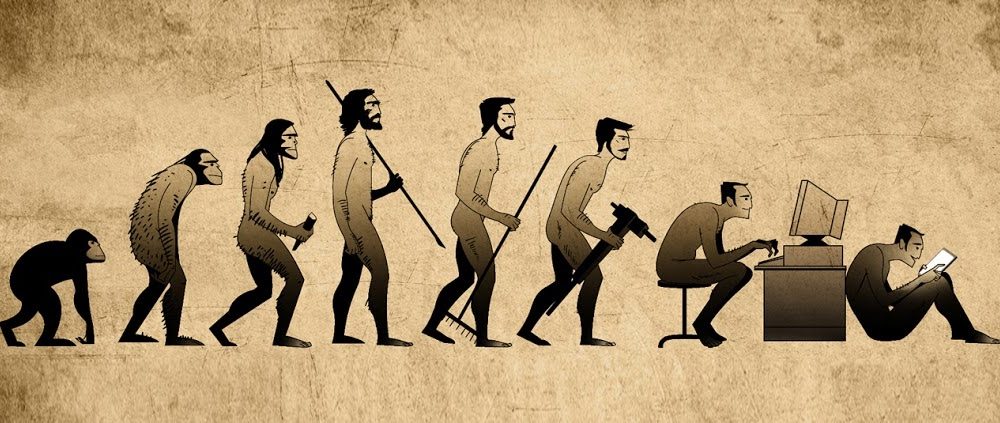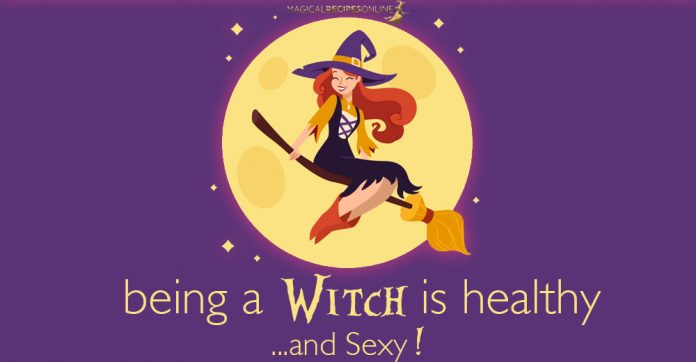Modern humans are interested in their well-being, especially in the Western world. In the past, our ancestors had to struggle with diseases for which there were no remedies. They had to work harder in order to get basic products, just as alimentation, clothing and the like. Luxury was confined to the upper class. Education as well was accessible to the rich or it was the religious institutions that controlled it.
Today, at least in the developed countries, we have reached a level of prosperity. There are no plagues and epidemic diseases. There is no famine. We define poverty not as incapacity to cover basic needs but with relation to our ability to reach a satisfactory level of consumerism. Simply said, you are poor if you cannot purchase the latest smartphone, a new car or a house in a posh district. So, being poor is not about survival, is about having much.
Hence, people nowadays can enjoy more. But does this mean we are necessarily happier than in the past? No, this is not another attempt to beautify the old times. Living was in the past, as we said, toilsome and full of threats. But what about now? We have more goods to enjoy, we can travel, we can have some security but we are still not content. Psychological problems are on the rise and the challenges can wreck our moods. But what’s the problem?
We need nature to be happy
Our modern lifestyle is problematic and this is something we know. Otherwise, there would nor exist a great market for diet and biological products, training programs and self-improvement philosophies. All these are phenomena that indicate that we are somehow out of balance, not in touch with our true nature. And for this reason, unhappy.
A book under the title “What Doesn’t Kill Us: How Freezing Water, Extreme Altitude and Environmental Conditioning Will Renew Our Lost Evolutionary Strength” tries to explain why this is so.
While technology advanced rapidly in the last 3000 years, our biology is still much older, going back to the birth of Homo Sapiens, 200 thousand years ago, at least. Evolution does not proceed as fast as history.
This development confuses our brain: On the one hand, there is a tendency to find pleasure and relax. This is what Freud called the “pleasure principle”. Once we remove any external challenge, our brain will be blissful and it will enjoy this laziness. Technology and our way of life enables us to avoid natural challenges, like cold weather, hunting for food (and thus fighting with wild animals), sleeping on a hard soil. We also do not have to work the whole day in a field. This is progress that we are really happy to have achieved.
Technology runs faster than evolution
Yet, our body, and consequently our brain, was “manufactured” in order to cope with challenges. The absence of them today is something abnormal for our physiology. This is how the interesting article of Quartz argues:
Yet comfort’s golden age has a hidden dark side. While we can imagine what a difficult environment might feel like, very few of us routinely experience the stresses of our forebears. With no challenge to overcome, frontier to press, or threat to flee from, the humans of this millennium are over
stuffed, overheated, and under-stimulated. The struggles of us privileged denizens of the developed world—getting a job, funding a retirement, getting kids into a good school, posting the right social media update—pale i
n comparison to the daily threats of death or deprivation that our ancestors faced. Despite this apparent victory, success over the natural world hasn’t made our bodies stronger. Quite the opposite, in fact: Effortless comfort has made us fat, lazy, and increasingly in ill health.

Witchcraft is the wisdom of old times
One solution to avoid the degeneration of our body and soul is to simulate, if possible, the way our ancestors lived. Ok, we cannot go hunting mammoths or run naked through the woods but sport and diet undoubtedly helps.
Still, for all those living in metropoles it is extremely unfeasible to reconstruct the way of life of our hunter – gatherer ancestor. Besides, there is one more point here that we should better consider. Trying to reach a good level of well-being is crucial. However, what we also need is a harmonic philosophy of life. This is one that will re-establish the lost balance between ourselves and our nature. Or, better said, it will reintroduce us to our lost nature.
Being a witch or a mage presupposes a deep understanding of both sides. One should observe the power of nature in the environment and in the humans. In fact, this dichotomy does not exist for us. Humans are nature and nature is in humans, and this is how the flow of energy and the summoning of powers is possible.
Witchcraft and Paganism reestablish our link to Nature and the Earth. This is, for example, a fact that the title of this book sufficiently illustrates: Paganism: An Introduction to Earth-Centered Religions. Indeed, the earth, and not the abstract notion of heaven, becomes the center of our spirituality. And this leads consequently to a deeper knowledge of our own existence and to the respect of nature and all its creatures.
And it goes without saying that being healthier makes us more attractive!
Phaethon

